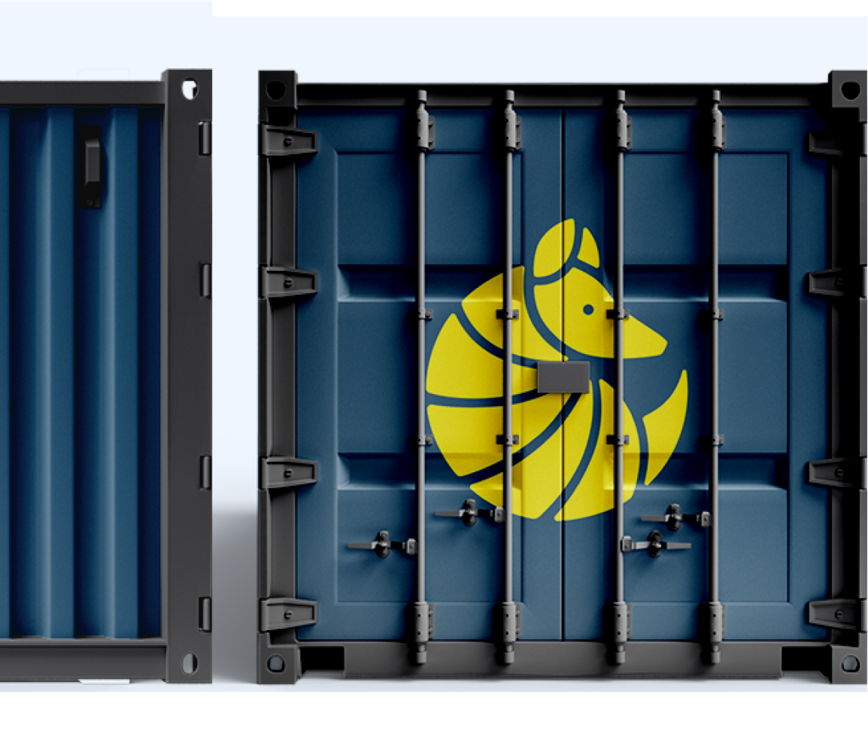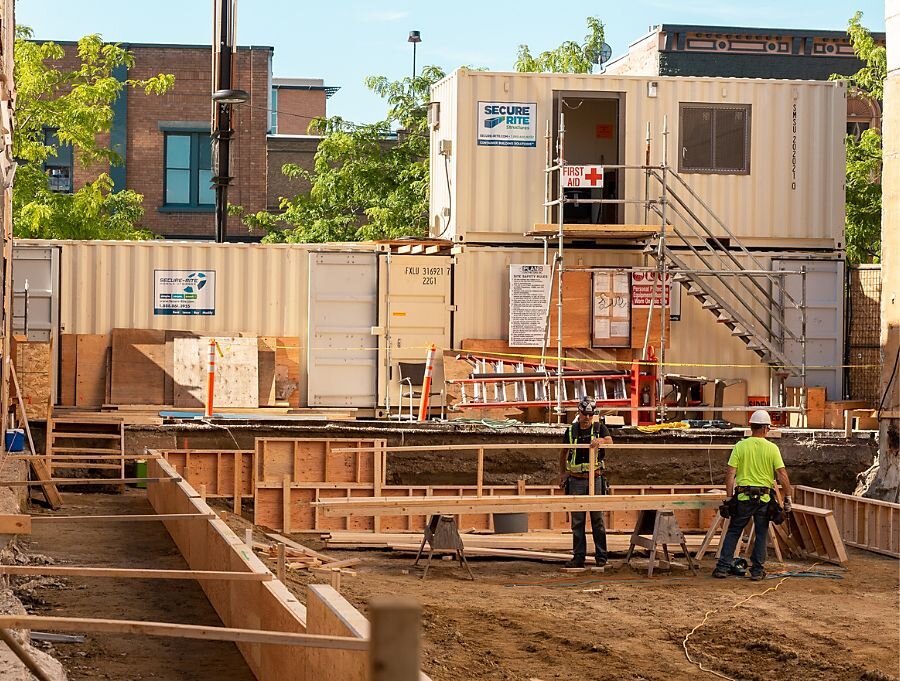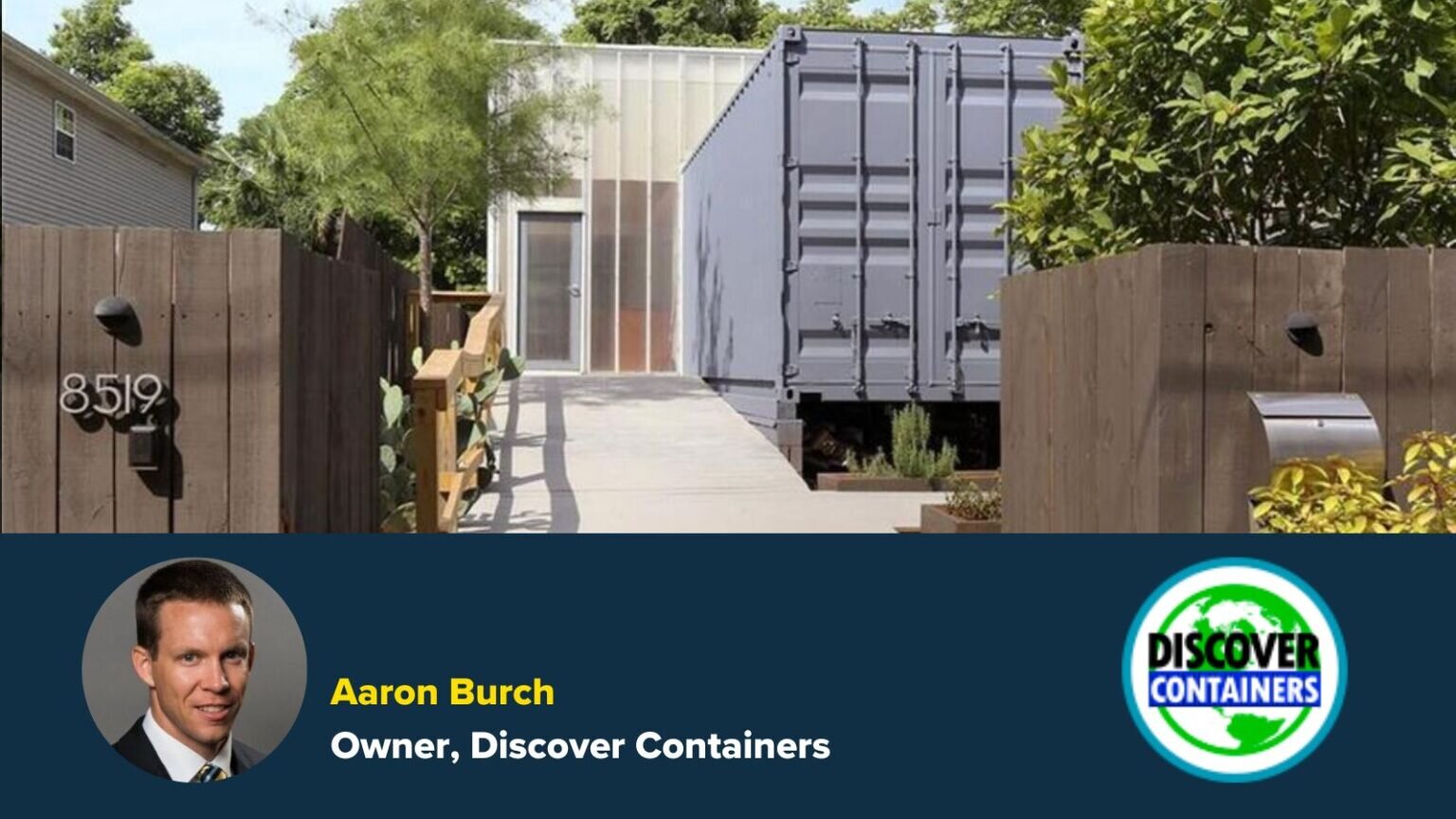Track my order
blog
Commercial vs. Industrial Construction: What’s the Difference?



Construction plays a pivotal role in our current economic climate. In 2020, global construction output was $10.7 trillion, and is expected to grow by 42% by 2030. As long as people need homes, businesses are growing, and goods must be manufactured, the construction industry isn’t going anywhere.
Generally speaking, there are three main types of construction: residential, commercial, and industrial. While residential construction is relatively straightforward—projects that involve building, expanding, or renovating houses, condos, apartments, or pretty much wherever people live—the difference between commercial and industrial construction is a bit more nebulous. But for construction managers, procurement professionals, and operations managers, understanding the unique objectives, needs, and challenges of each type of construction is key. Otherwise, you probably won’t meet the distinctive design, budget, permitting, or project management requirements for your construction project.
In this blog, we’ll break down the key differences between commercial and industrial construction. Let’s get started!
Commercial construction essentially refers to the creation of buildings that are commerce-focused and designed to serve the public. Types of commercial construction projects include office buildings, restaurants, hotels, retail stores, health care clinics, gyms, or sports facilities. They can vary in size and scale, ranging from a mom and pop shop to a strip mall.
Industrial construction, on the other hand, focuses on building structures designed to manufacture goods and perform other specialized processes, like refining steel or generating power. Types of industrial construction include factories, manufacturing facilities, power plants, and refineries.
Given their different objectives, industrial and commercial buildings each have their own unique design, location, and project management needs. Let’s dig into those now.
Design Requirements
Commercial building projects are public-facing, and their designs reflect this focus. Their floor plans are designed to accommodate the flow of crowds. They will have an emphasis on aesthetics, providing a customer-friendly and navigable space on the inside, and a design that will be inviting to potential customers on the outside.
Conversely, industrial construction projects will focus primarily on functionality and efficiency, designing the space to accommodate machinery or production lines. These projects will prioritize structural strength to support heavy equipment, and incorporate specific engineering to serve the needed machinery layout. They also will need to account for more extensive power needs, since heavy machinery typically requires an advanced electrical system. Many industrial plants also produce toxic or hazardous waste, so safely disposing of this waste also needs to be a key consideration that sets these projects apart from commercial construction.

Location
The location of commercial construction sites will also differentiate from industrial construction sites.
Commercial buildings will prioritize easy public access. Things like parking, nearby businesses, bus routes, and foot traffic all contribute to a desirable commercial building location.
Industrial building construction stakeholders are more concerned about space, since manufacturing facilities or power plants need a lot of it. Being close to major highways, ports, or airports are also a key consideration, since access to goods and materials is a priority for these facilities.
Materials and Construction Methods
Both commercial and industrial buildings rely on construction materials chosen for durability and flexibility, making shipping containers an ideal building block for modular construction projects. With added features like glass windows or designer fixtures, shipping containers can be custom-built into commercial buildings like a restaurant or hotel. For industrial construction managers, the heavy-duty nature of shipping containers—many made from COR-TEN steel—makes them a desirable construction material.
👉 Check out: Shipping containers for sale
Project Management and Timelines
Commercial building projects typically have shorter project timelines than industrial projects. Commercial construction usually involves one general contractor managing multiple subcontractors, often using the same processes and suppliers for various projects.
Industrial construction is more complex, leading to more involved project management and longer timelines. The machinery and operational requirements make these projects a lot more custom—usually requiring more skilled labor, original designs, and consulting from industry experts. And with construction payroll costs rising, this makes industrial builds a whole lot more expensive, too. Many industrial construction and operations managers outsource logistics—such as container procurement—to save costs, streamline processes, and reduce time-consuming admin work.
Permitting and Zoning
Permitting requirements for commercial buildings are pretty standard. These structures need to be marked as safe for occupants, following the fire code and occupancy requirements of their local guidelines. Usually this just involves getting the approval of the building’s local planning and zoning boards.
Industrial construction permitting and zoning requirements are far less straightforward. Not only do they need permission from local zoning boards, but they also need to meet the strict guidelines set at the local, state, and federal levels. Given that many industrial buildings deal with hazardous materials, operate heavy machinery, and require a lot of power, these standards make sure that everyone working on the industrial construction site and living around it are kept safe.
Industrial and commercial construction each come with their own opportunities and challenges. And with more construction happening globally than ever before, skilled and experienced construction and operations managers in both industries are in high demand.
According to the United States Bureau of Labor Statistics, there were 374,000 job openings in construction at the end of 2023. With a shortage of skilled labor amidst a backdrop of booming industry growth, more and more construction managers—both in the commercial and industrial spaces—are turning to partners like Boxhub to outsource logistics.
Boxhub is the largest online marketplace in the U.S. for new and used shipping containers. To discover how we can partner with you—whether you need shipping containers for on-site amenities or construction materials—speak to an expert today.
A commercial building is a structure designed to house businesses or ventures designed to gain profit. These are focused on serving the public and can include office buildings, restaurants, shopping centers, and more.
Commercial construction encompasses the building, expanding, or renovation of commerce-focused buildings like offices or retail centers.
Industrial buildings are facilities designed to manufacture goods. These can include refineries, power plants, factories, and manufacturing facilities.
Industrial construction encompasses the building, expanding, or renovation of a structure that houses industrial processes, like manufacturing plants, refineries, and factories.
Schools are not typically considered commercial buildings, as commercial buildings (such as stores, office buildings, or hotels) are generally defined as being used for profit-making purposes. Schools, which focus on providing education rather than generating profit, would typically be considered institutional buildings.
Types of commercial construction projects include offices, retail shops, restaurants, hotels, gyms, health care facilities, and recreational facilities.
Examples of industrial construction include factories, manufacturing plants, and buildings designed to perform specialized processes, such as manage hazardous chemicals or extract oil.

About Andy Pandya
Andy is a content-focused marketing and growth leader with 18+ years of success in driving measurable improvements in customer acquisition, value expansion, and revenue operations. He is an expert in creating and implementing content strategies that drive engagement and revenue growth.







Continue Shopping
Loading cart